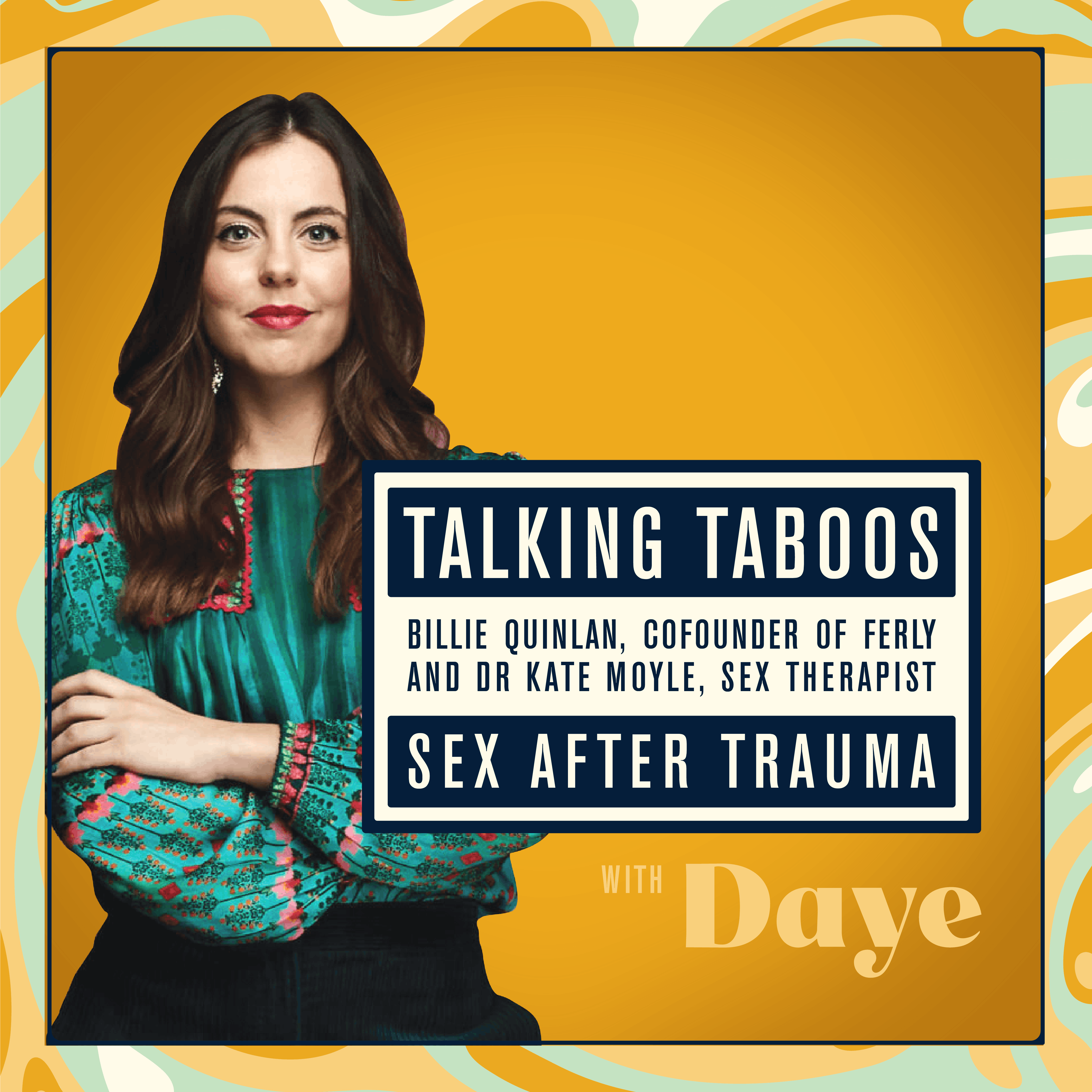Growing up, I felt as though the contours of my body were forever changing, forever out of my control. Thanks to an eating disorder, followed by puberty and an ensuing monthly period, my body was perpetually shape-shifting - bigger, smaller, sore boobs, deflated boobs, bloated, period pain, no period pain… It was as though my body wasn’t quite mine enough to hold onto and hold still.
As I got older, this feeling was compounded by the way in which my body was seen by others. The way in which it was touched by others.
When my butt was slapped, when I was wolf-whistled on the street, when the ice-cream man said he’d give me and my friends a cone for free if we showed him our boobs, when, later down the line, I was sexually assaulted - all of these experiences felt like little reminders from the outside world that no, your body is not your own, it is everyone’s for the taking. Such is the power of the male gaze in a society that so persistently objectifies women and sexualises the female body.
“
When my butt was slapped, when I was wolf-whistled on the street, when the ice-cream man said he’d give me and my friends a cone for free if we showed him our boobs

It was only in speaking to a sex therapist last year that I began to connect the dots and better understand how the way I’d learned to see my body, as a body-for-others, had impacted on the way I saw and experienced sex - as a performative act that was ultimately in service of another person’s pleasure.
Billie Quinlan, co-founder of the sexual wellness app Ferly, experienced a similar disconnect from her body following a sexual assault (by her manager, one day after work). The incident precipitated a prolonged period of feeling alienated from herself sexually and had huge bearing on every aspect of her life.
Where previously her sexuality had been a major facet of her personality, a core component of her confidence, following the assault she felt as though this side of herself had shrivelled - poisoned by the lingering memory of what had happened that evening.
She started pulling away from her long-term partner, feeling unable to explain to him why she no longer wanted to have sex; she stopped masturbating because suddenly it felt ‘dirty’; she swapped her previously colourful wardrobe for clothes she thought would attract less attention, and began distancing herself from the men in her office. She feared that anything she did, said, wore, revealed would elicit a repeat incident.
“
‘Embarrassment’ is the reason most commonly cited for why women don’t report rape to the police
It took more than a year for Billie to feel able to talk about what had happened to her and seek help in order to build back her relationship with herself as a sexual being. Fast forward more than 5 years and Billie now runs a sexual wellness platform that exists to help women like herself overcome sexual trauma and engage in more mindful, connected sex thereafter.
In this episode of Talking Taboos with Daye, Billie and I discuss the topic of sex-after-assault and interrogate the myriad ways in which our sexual experiences shape our relationship to sex and subsequently impact our overall health and well-being. Because however commonplace sexual assault and harassment may be (In England and Wales a total of 40,572 women were victims of sexual assault in the year ending September 2021, an increase of 13% from the previous year) the fallout from any such negative sexual experience can feel not just profound, but profoundly lonely. So much so in fact that according to the Office for National Statistics, ‘embarrassment’ is the reason most commonly cited for why women don’t report rape to the police. It is why we so desperately need to speak more openly about the prevalence and consequences of this issue.
Following on from Billie’s interview, I speak to psychosexual therapist, Kate Moyle, who discusses the long-term psychological, as well as physiological, impact of sexual trauma on a victim’s life.
“One of the things we often see following sexual assault or harassment,” she told me “is that a person’s beliefs and trust in the world are completely shaken.
“
We struggle to trust the world around us or to trust the people around us since our boundaries have been violated
“We struggle to trust the world around us or to trust the people around us since our boundaries have been violated. And that can create things like hyper-vigilance - constantly looking around us feeling unsure or uncertain. This can really show up in our sex lives because we have been so severely threatened and hurt that our brain and our body is working to protect us from that happening again.
“Sexual trauma can therefore create a whole series of behaviors, of thought patterns, of responses, and it can take a lot to process and eventually rebuild.”
A key part of the problem, she noted, is that “talking about sex is a bit like trying to talk in a language that we've never been taught. We don't encourage open, honest, comfortable dialogue around it.”
And that, we both agree, is something that has to change.

Listen to the second episode of our podcast here.





